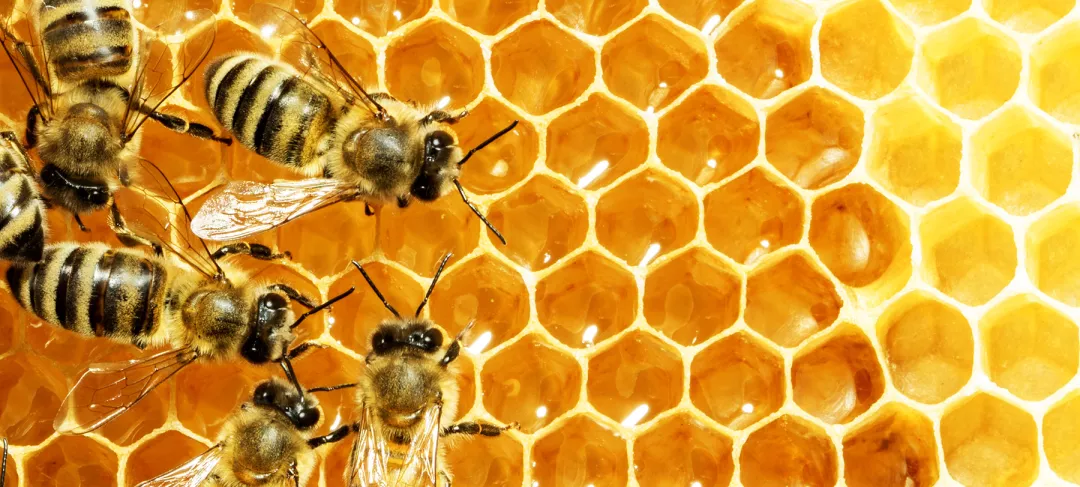Enhancing synergies between bees and agriculture in Germany
DAFA (German Agricultural Research Alliance) set a strategy to improve the conditions for domesticated and wild pollinators and biodiversity.

Apples, tomatoes, canola oil — without pollination, most fruits, certain vegetables, and several oil seeds could not grow. Bees (honeybees, wild bees, bumblebees) are essential for pollination, and an important part of natural diversity. While agriculture needs the services of bees and provides bee food, agricultural practices can also harm bees, for example, pesticides can reduce their vitality, crops without nectar reduce their access to food, and clean field margins reduce bee survival.
Improving the conditions for domesticated and wild pollinators and biodiversity in general is central to many local, national and EU initiatives. In March 2020, DAFA (German Agricultural Research Alliance) published a strategy on this topic, and how research could support it. The development of the strategy involved scientists, farmers, beekeepers and conservationists. The strategy recommends that funders and researchers focus on:
- factors affecting bee vitality and indicators to assess vitality,
- assessments of the quality of landscapes and cropping systems from the perspective of bees,
- interactions and synergies between bees and agriculture,
- development of concepts to make data and results accessible to beekeepers, farmers, veterinarians and extension services.
In January 2024, DAFA invited scientists and practitioners to assess whether bee-related research in Germany was on track with the strategy. 64 projects have been funded with public money since 2019, and 30 projects were represented at the conference. Research on agricultural landscapes and systems addressed honeybees and wild bees to a similar extent, but research on vitality was done mostly on honeybees. Few projects addressed knowledge creation, education, data collection and curation, development of politics, or optimisation of pollination performance.
The eighty people present at the conference concluded that individual research projects contributed important results, and observed that agricultural practices were slow to become more bee-supporting. They proposed that this in turn was due to the slow uptake of research results by farmers and beekeepers.
Based on the conference, the DAFA expert group on bees and agriculture calls on funders and researchers to ensure that:
- Recommended measures must be assessable and comparable economically and ecologically at farm level and landscape level across projects, so that they can be the base for well-founded decisions. Project results should be evaluated across several projects, and used to continually update models and educational media.
- Researchers should apply co-creation methods and involve relevant stakeholders. Funders should financially reward this additional effort. Research must be designed to be transferable to other locations. Results must be presented in a way that is appealing to stakeholders. Practice abstracts, as they have been developed in EIP-AGRI, seem to work well.
- Greater effort must be invested in researching impacts on the vitality of wild bee species, and in researching the long-term impact of sublethal stressors on population densities of both honeybees and wild bee species.
- Economic and social science research should be employed to devise CAP interventions in the next period that are practical and do not impede bee-friendly measures.
The participants suggested reassessing the research strategy in five years. Find out more.
(Content – DAFA)